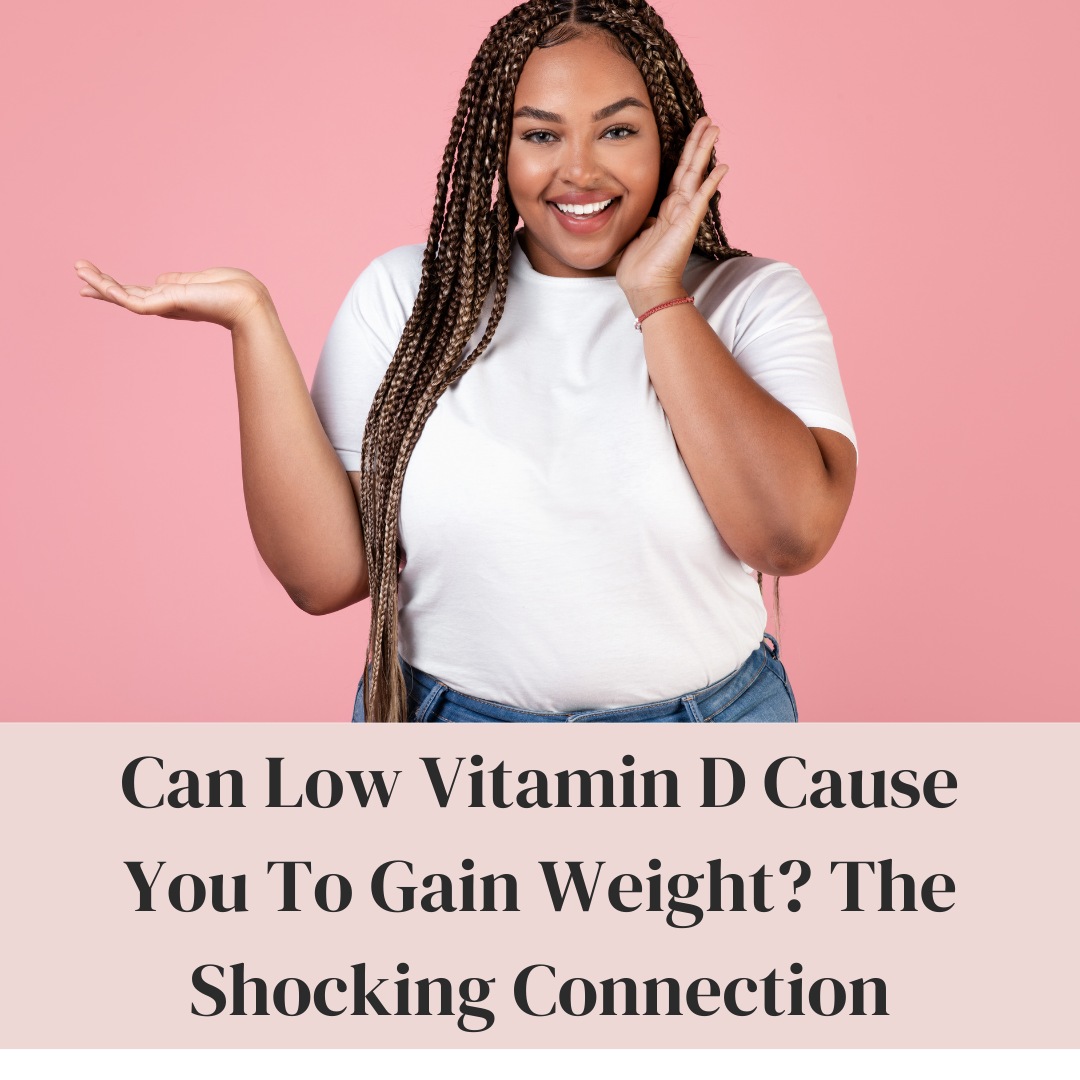
Ever step on the scale and feel your heart sink—again? You eat “clean.” You exercise. But the numbers keep creeping up. You think: “Am I failing at everything? What am I missing?” That frustration? Totally valid. You’re giving your best, and your body feels like it’s working against you.
Here’s a truth bomb: it might not be you—it might be your vitamin D3.
The Spotlight: Vitamin D3 Isn’t Just for Bones
Vitamin D3 is known as the “sunshine vitamin,” but its job goes far beyond strong bones. It’s a hormone-like powerhouse, influencing:
- Metabolism
- Fat storage
- Appetite regulation
- Insulin sensitivity
- Muscle function
- Mood and inflammation
When levels drop, your body’s thermostat goes haywire. You might not even notice at first—just a sluggish metabolism, a ravenous appetite, maybe stubborn weight gain no matter what you do.
Ever had that moment: “I ate less. Why did I still gain weight?” That’s your body signaling something deeper.
What Research Actually Says
Let’s break it down—science version, minus the fluff:
- People with low vitamin D3 often have higher body fat percentage
- Even slight increases in weight correlate with lower D3 levels
- Supplementing D3 has been shown to improve body composition and boost metabolism
- Vitamin D3 works with insulin—they’re a tag team. When D3 dips, insulin resistance can rise, leading to fat storage
So yes—the connection is real. It’s not magical thinking. It’s biology.
How Low D3 Feels in Your Body
Think of D3 like an internal thermostat. When it’s low, several things start to tip sideways:
1. Your Appetite Goes Wild
Low D3 affects serotonin, which controls hunger and cravings. You find yourself reaching for chips or sweets more often—even when you’re full.
2. Fat Storage Ticks Up
Low D3 messes with lipid metabolism. Fat cells hold onto fat more tightly. It’s like your body’s trying to conserve energy it thinks might disappear.
3. Muscle Function Wanes
Muscles tire faster. Workouts feel harder. Recovery drags on. Lower muscle mass equals lower resting metabolic rate—meaning fewer calories burned at rest.
4. Insulin Resistance Rises
Without enough D3, your body might release more insulin after meals. That spike leads to fat storage, sugar crashes, and another round of cravings.
Are You Probably Low on Vitamin D3?
Here’s a quick checklist:
- You live somewhere cold, cloudy, or spend most time indoors
- You use sunscreen daily (great for skin—but lowers D3)
- You’re in northwest or southern hemisphere winter
- You’ve noticed low mood, fatigue, weight creep, and stubborn belly fat
If you nodded to even a couple—that’s a red flag. You deserve to know what’s going on inside.
Why This Connection Matters
This isn’t another fad. It’s biology meeting lifestyle. Think:
- Low D3 + high stress + sedentary life = fat gain
- Heat up your D3, move your body, sleep better & watch metabolism start cooperating
Addressing metabolic issues through vitamin D3 isn’t just about weight—it’s about freedom. Freedom from guilt. From feeling stuck. From believing, “I’m just not made for health.”
Real Stories, Real Impact
- A friend gained 10 lbs during remote work. Addressed low D3—and lost it naturally.
- A co-worker struggled with belly fat despite workouts—from 18% D3 to 45%, she lost 8 lbs and feels energized.
- One reader said, “I ate less, walked more, but still gained weight. Supplemented D3 and my cravings vanished.”
It’s not magic. It’s metabolic rebalancing. And it’s often the missing piece many overlook.
Frequently Asked Questions
Q: Can D3 alone make me lose weight?
A: Not alone. It sets the stage. But clean nutrition, movement, stress and sleep do the heavy lifting.
Editors Recommendation: Order a Personalised Weightloss Diet Plan
Q: Will I gain weight if I take too much?
A: D3 isn’t fat-storing. Over-supplementation can cause symptoms like nausea, not weight gain. Stick to tested doses.
Q: Can low D3 cause belly fat specifically?
A: Yes—since it impacts insulin and cortisol, which often store fat around the midsection.
Q: Should I take D2 instead?
A: D3 is more potent and effective at raising blood levels. When in doubt, go with D3.
Small Steps, Big Impact
- Schedule that blood test
- Order high-quality D3 now
- Get 20 min of sunlight tomorrow
- Add salmon or mushrooms at dinner tonight
These aren’t massive life overhauls—they’re doable steps that say, “My body deserves this.”







